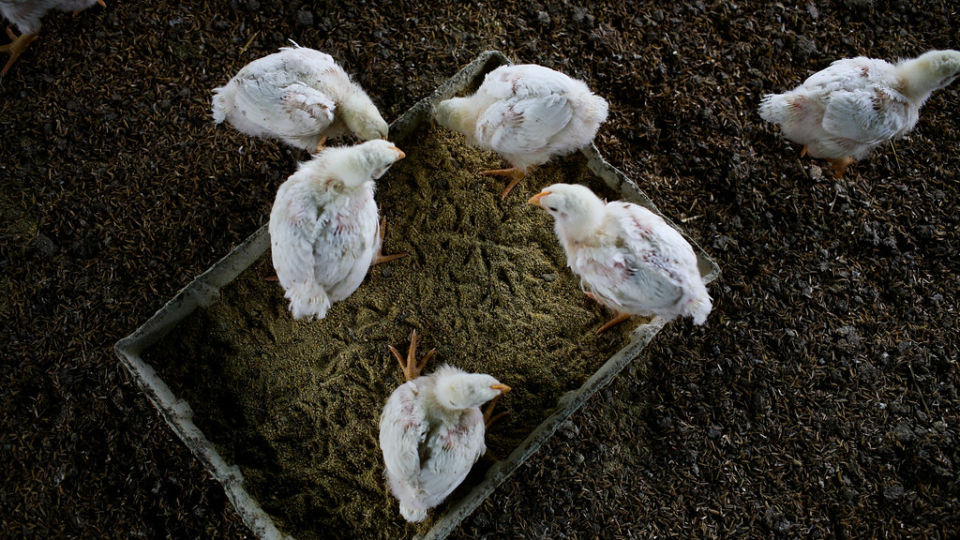Considering that poultry is the most consumed meat in Malaysia, you bet some of us had an eggs-istential crisis when the government announced we were facing a chicken shortage earlier this year.
However, Malaysians can now rejoice as the country’s agricultural minister, Ronald Kiandee, announced yesterday that the country is facing an oversupply of chicken, Malay Mail reported.
According to him, the chicken market in Malaysia has been flourishing and there is currently an excess in supply, which has caused chicken prices to fall below the government-set ceiling price.
“In fact, at this point, we can produce 106 percent of our needs. That means we can export chicken from our country to other countries,” he said.
Kiandee said Malaysia’s decision to eliminate authorised permits (APs) enabled the entry of chickens from other nations and forbade the export of chicken overseas, which helped the poultry industry to recover.
However, in June, the country eased the ban on chicken exports, allowing poultry importers to resume bringing over live premium chickens. Nevertheless, the export halt on commercial broiler chickens, which makes up the bulk of Singapore’s chicken imports from Malaysia, has remained.
Putrajaya previously consented to put into action several short-term measures, including creating a chicken stockpile, to address a lack of food supply and rising prices.
Ronald said the establishment of the chicken stockpile would be done immediately through the Farmers Organisation Board.
On July 1, Putrajaya adjusted the ceiling chicken price to RM9.40/kg (US$2.11) for two months.
Malaysia’s heavy reliance on food imports has contributed to the rise in the cost of living today. Supply chain disruptions due to the Ukraine war and ringgit depreciation are among the reasons for the soaring prices of food, especially poultry.
Although Malaysia imports 60% of its food products, the country is considered self-sufficient in poultry meat, producing 98.2% of its domestic needs.
However, the poultry farming business greatly depends on an imported chicken feed from Brazil and Argentina.




